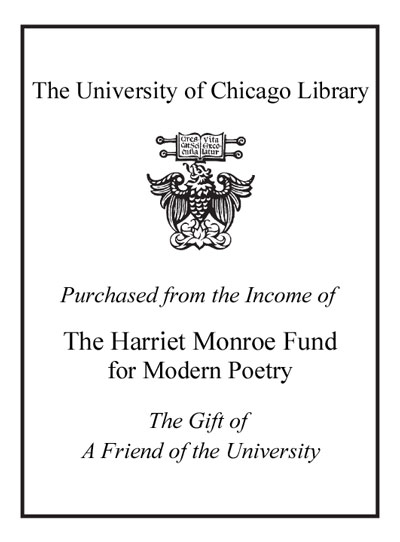Review by Publisher's Weekly Review
Fluent, enjoyable and often masterful, this 11th book of verse from the Irish Nobel Laureate splits neatly in two. The first, larger and more varied half of the volume gathers translations and adaptations, occasional and celebratory poems, and verse about travel in Ireland's gaeltacht (Irish-speaking rural areas), as well as in the Balkans and Greece. Hints of the Anglo-Saxon Beowulf (which Heaney recently translated) play second fiddle here to the eclogues of Virgil and to celebrations of childbirth, which Heaney has made one of his specialties. Some of the strongest poems recall Heaney's own childhood in the 1950s. Part two of the book consists entirely of elegies: some commemorate poets (Ted Hughes, Joseph Brodsky, Zbigniew Herbert) and comment on those poets' works, while others remember relatives and friends Heaney's dying father, for example, or (in the title poem) a whispering grandmother, "with her fur-lined felt zippers unzipped." In both sections Heaney sticks largely to the evocative pentameters of his 1990s books, with rhythms suited to represent "the everything flows and steady go of the world" a stream of joyful memories, alloyed but not overwhelmed by grief. Heaney's new volume is far from being his strongest, or strangest, or most demanding book: it's well crafted, but feels like a fortuitous culling rather than a fully realized project. (Apr.) (c) Copyright PWxyz, LLC. All rights reserved
(c) Copyright PWxyz, LLC. All rights reserved
Review by Library Journal Review
Among living, English-speaking poets, few make words perform as nimbly as Irish Nobelist Heaney. Each new book seems at once a deepening and a broadening of the tongue, as if he were synthesizing the cumulative, bardic voice of centuries. Perch are "little flood-slubs, runty and ready," bath water becomes "soft,/ Sud-luscious," and a thresher is "Raving machinery,/ ...bucking sky, rut shuddery,/ ...the underjaws/ Like staircases set champing." The protean poems in this, his 12th collection, ripple with birth and death, travel and memory, and subsume debts to both spiritual mentors (Virgil, Dante, Yeats) and peers (Hughes, Brodsky). They are rustic yet learned, classical yet contemporary. While a few of the longer poems tempt solipsism or academic dissolution, Heaney "buoyant at the helm" skillfully routes them back to the things of this world. The sequence "Sonnets from Hellas" is as rich and vital as anything he's ever published. Heaney's secret handshake with language remains firm. Fred Muratori, Cornell Univ. Lib., NY (c) Copyright 2010. Library Journals LLC, a wholly owned subsidiary of Media Source, Inc. No redistribution permitted.
(c) Copyright Library Journals LLC, a wholly owned subsidiary of Media Source, Inc. No redistribution permitted.
Review by Kirkus Book Review
Nobel Laureate Heaney ( Beowulf , 2000, etc.) has called words tools for digging, and his language usually has the tactility of a good toolkit. Moreover, as in his previous works, the subjects of the poems collected here often are drawn from the world of farmingdigging, plowing, and other ways of turning the earth. Heaney manipulates the tools of his craft as wisely as any farmer, and with the certain self-effacing wit of someone who thinks of himself as a sound craftsman first and foremost. He can juggle the parts of speech in a line (In the everything flows and steady go of the world) or present a more than passable imitation of late Auden in a tribute to Joseph Brodsky, and he is equally at home with Virgilian eclogues (of which there are several in the current volume) and the boozy good will of a drinking song. At the heart of this collection is an elegiac tone, leavened by a certain humor, a sense of the passage of time and the losses it brings. This tone is nowhere more apparent than in the second section (the concluding 30 pages), which consists mostly of poems about and for departed friends (Brodsky, Ted Hughes, Zbigniew Herbert, and others less well-known), and in the title poem (a bittersweet recollection of Heaneys childhood and the electrification of rural Ireland). In this vein, Heaney has few equals; he burnishes memory to a fine tawny glow, not sentimentalizing but not shying away from feeling, the potential for bathos held in check by his great formal skills.
Copyright (c) Kirkus Reviews, used with permission.
Review by Publisher's Weekly Review
Review by Library Journal Review
Review by Kirkus Book Review

